
THE THEOLOGY OF DISPENSATIONS
Dispensation, within religious contexts, encompasses the concept of divine management or ordering of events throughout history. It denotes the way in which a higher power, often understood as a deity, administers the world and intersects with humanity. In Christian theology, Dispensationalism is a doctrinal framework that organises history into distinct periods, known as Dispensations, each characterised by a unique set of divine rules or instructions governing human behaviour and relationship with God. According to this perspective, these dispensations represent different phases in God’s plan for humanity’s redemption and ultimate purpose.

Dispensationalism often emphasizes the idea of progressive revelation, suggesting that God gradually reveals His will and purposes to humanity over time. Each dispensation typically ends with a divine judgment or intervention, leading to a new era with revised guidelines for human conduct. This theological approach has had significant influence, particularly within certain branches of Protestant Christianity, shaping interpretations of biblical prophecy and eschatology.
The Bible’s notion of Dispensations is essential to comprehending how God’s purpose for mankind is gradually revealed. These dispensations, or eras of time, show the many ways that God engages with people, each with special peculiarities and obligations of its own. The seven dispensations outlined in the Scriptures will be examined in this article as we follow God’s redemptive plan from creation to eternity.
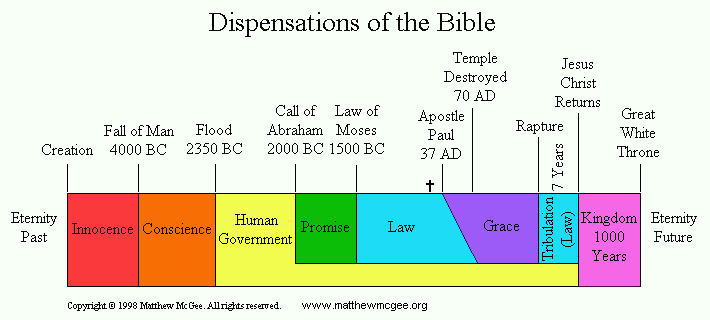
THE SEVEN DISPENSATIONS OF CREATION
- The Dispensation of Innocence
- The Dispensation of Conscience
- The Dispensation of Human Government
- The Dispensation of Promise
- The Dispensation of Law
- The Dispensation of Grace
- The Dispensation of the Kingdom
This is going to be a 7-part article where we are going to examine each Dispensation one after the other. In this article, I am going to enlighten us on the DISPENSATION OF INNOCENCE.
Also Read: Harmony of Disruption: Scientific Insights and Biblical Narratives on Disruptive Thinking
DISPENSATION OF INNOCENCE
The Dispensation of Innocence covers the timespan Adam and Eve spent in the Garden of Eden in oneness with God, mankind and creation – until the Fall of Man. The Age of Innocence paints a picture of humanity’s pure beginnings and terrible fall from grace. We shall explore the intricacies of this dispensation in this article, looking at its theological significance, Adam and Eve’s involvement, and the fallout from their disobedience.
The story of the Garden of Eden in the first few chapters of Genesis embodies the Dispensation of Innocence. This dispensation fundamentally represents humanity’s innocence and peaceful relationship with God. The first people, Adam and Eve, had a perfect life in the verdant boundaries of Eden, unconscious of sin and its aftereffects. As they ambled with God in the calm of the day, their relationship with Him was marked by closeness and communion. Genesis 3:8 “Then the man and his wife heard the sound of the LORD God as he was walking in the garden in the cool of the day, and they hid from the LORD God among the trees of the garden.”
Adam and Eve were granted stewardship over God’s creation and dominion over the planet throughout this period. God wanted humans to procreate and rule the natural world in line with His will, as shown in the command to “be fruitful and multiply, and fill the earth and subdue it” (Genesis 1:28). In addition, Adam was given the responsibility of naming the animals, displaying his dominance and his superiority of place among God’s creatures “Now the Lord God had formed out of the ground all the wild animals and all the birds in the sky. He brought them to the man to see what he would name them; and whatever the man called each living creature, that was its name. 20 So the man gave names to all the livestock, the birds in the sky and all the wild animals” (Genesis 2:19–20).
The test of obedience that was given to Adam and Eve was fundamental to the Dispensation of Innocence. One restriction was imposed by God, telling them not to eat from the Tree of the Knowledge of Good and Evil and foretelling that they would perish if they disobeyed. 16 And the Lord God commanded the man, “You are free to eat from any tree in the garden; 17 but you must not eat from the tree of the knowledge of good and evil, for when you eat from it you will certainly die.” (Genesis 2:16–17). This directive demonstrated humanity’s potential for free will and the ability to choose between submission and disobedience. Sadly, Adam and Eve gave in to the serpent’s seduction, rejecting God’s order and condemning humanity to sin and eternal death
“Now the serpent was more subtil than any beast of the field which the Lord God had made. And he said unto the woman, Yea, hath God said, Ye shall not eat of every tree of the garden?
2 And the woman said unto the serpent, We may eat of the fruit of the trees of the garden:
3 But of the fruit of the tree which is in the midst of the garden, God hath said, Ye shall not eat of it, neither shall ye touch it, lest ye die.
4 And the serpent said unto the woman, Ye shall not surely die:
5 For God doth know that in the day ye eat thereof, then your eyes shall be opened, and ye shall be as gods, knowing good and evil.
6 And when the woman saw that the tree was good for food, and that it was pleasant to the eyes, and a tree to be desired to make one wise, she took of the fruit thereof, and did eat, and gave also unto her husband with her; and he did eat.
Genesis 3:1–6
Adam and Eve’s transgression had far-reaching effects on all of creation and humanity – beginning with themselves. Because of their transgression, they were no longer in close communion with God, which caused them to feel ashamed, afraid, and alienated.
Then the eyes of both of them were opened, and they realized they were naked; so they sewed fig leaves together and made coverings for themselves.
8 Then the man and his wife heard the sound of the Lord God as he was walking in the garden in the cool of the day, and they hid from the Lord God among the trees of the garden. 9 But the Lord God called to the man, “Where are you?”
10 He answered, “I heard you in the garden, and I was afraid because I was naked; so I hid.
Genesis 3:7–10
Furthermore, as a result of their disobedience, sin and death were brought into the world, corrupting human nature and bringing God’s punishment to bear on the planet (Romans 5:12). Humanity, and all of creation, thus came to experience pain, illness, and finally, bodily death. (Romans 6:23).

The hope of redemption is present in the Dispensation of Innocence, despite the terrible repercussions of humanity’s fall. As God judged the snake, He also predicted that the seed of the woman would ultimately triumph over it, hinting at the arrival of the Messiah who would crush the serpent’s head “And I will put enmity between you and the woman, and between your offspring[a] and hers; he will crush[b] your head, and you will strike his heel.” (Genesis 3:15). As God’s plan of salvation is carried out across the next dispensations, this promise of a Redeemer provides hope amid sin’s gloom.
In conclusion, it is sad to remember the origins of humanity’s fall from grace. It emphasizes the terrible results of sin and disobedience in contrast to the pureness and fellowship of humanity’s first relationship with God. The hope of redemption, however, glows through the gloom – signalling the final victory of God’s mercy and love over sin and death. This dispensation serves as a reminder to us of the immeasurable depths of God’s compassion and salvation, as well as the tremendous relevance of humanity’s need for a Savior.




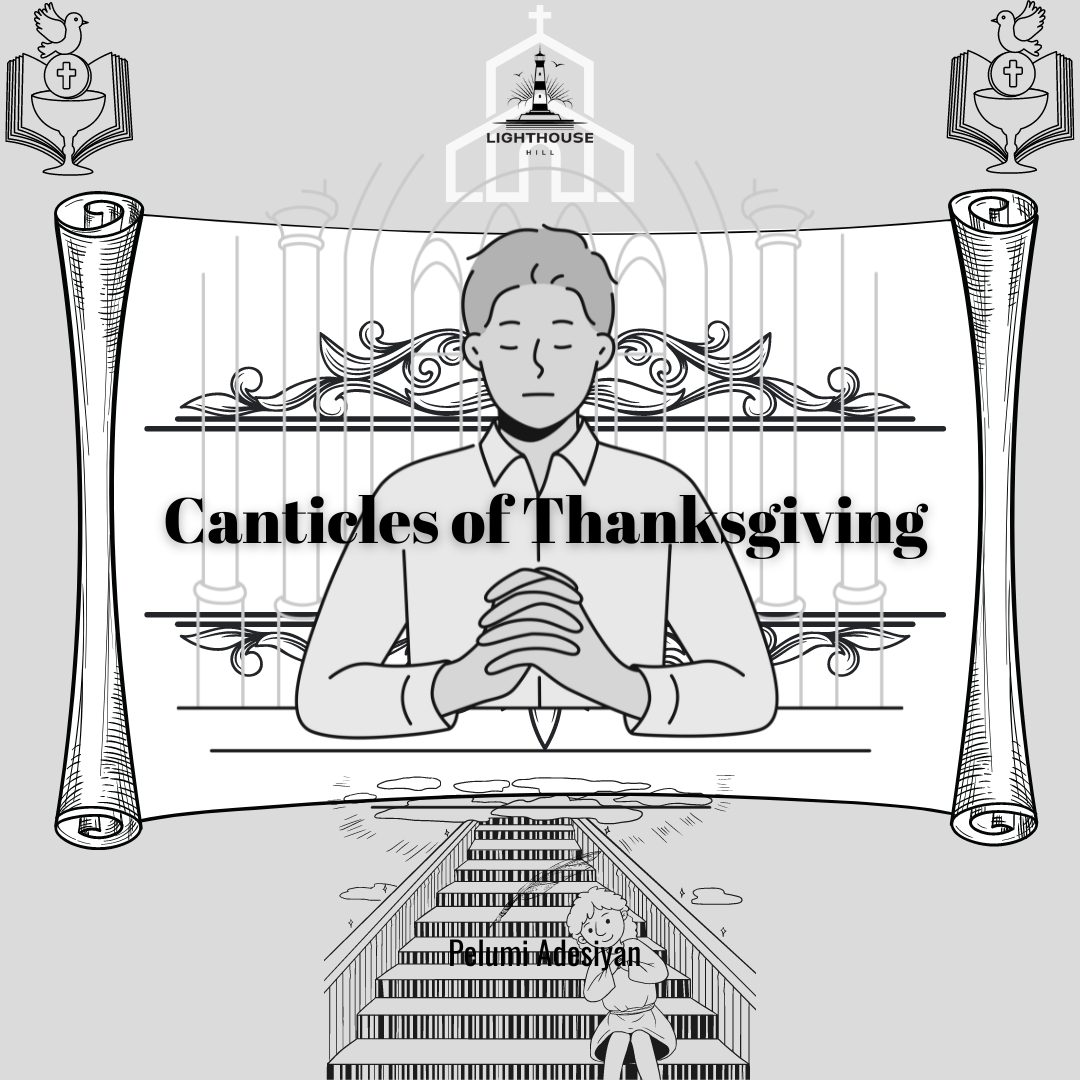
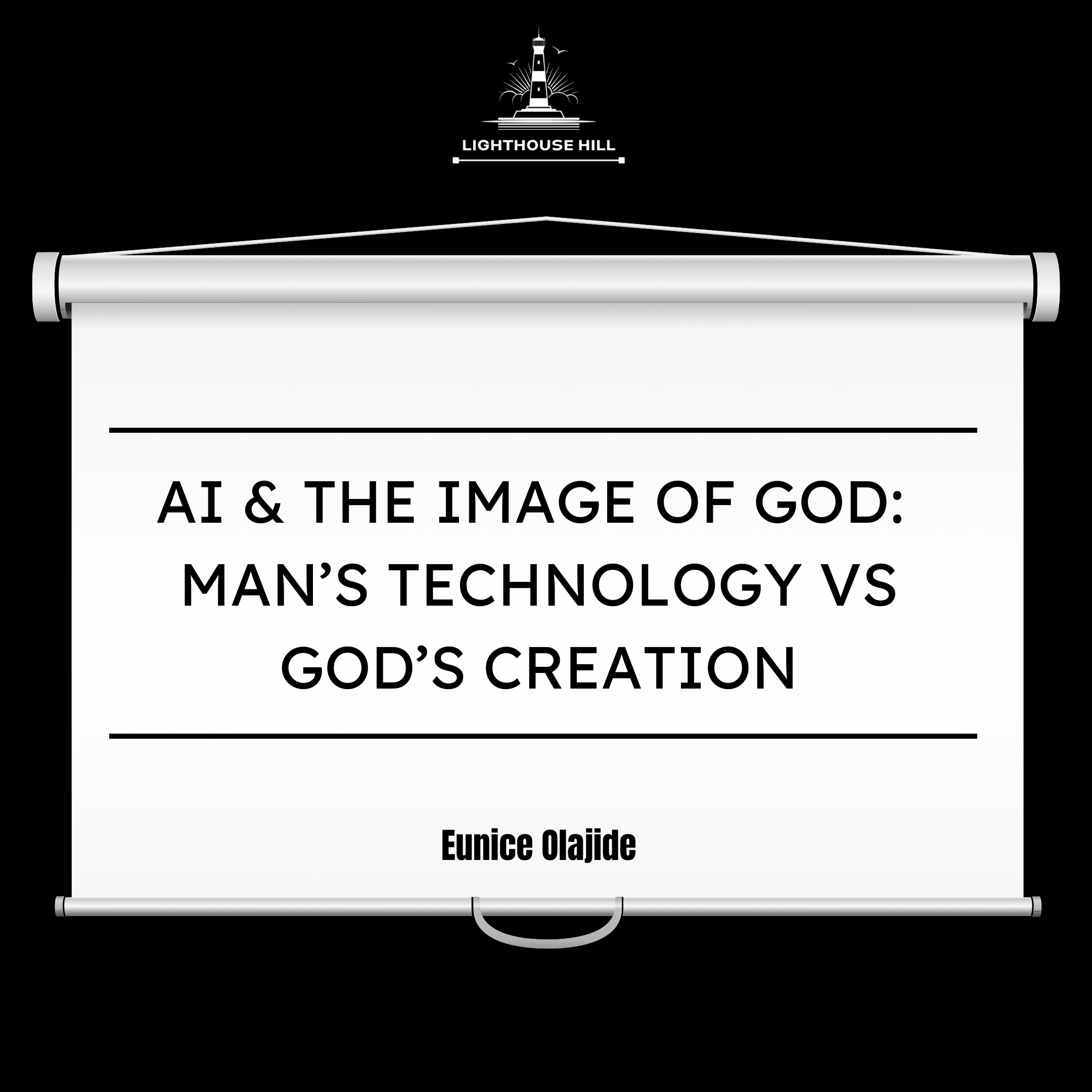


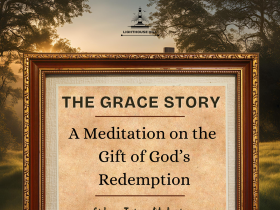




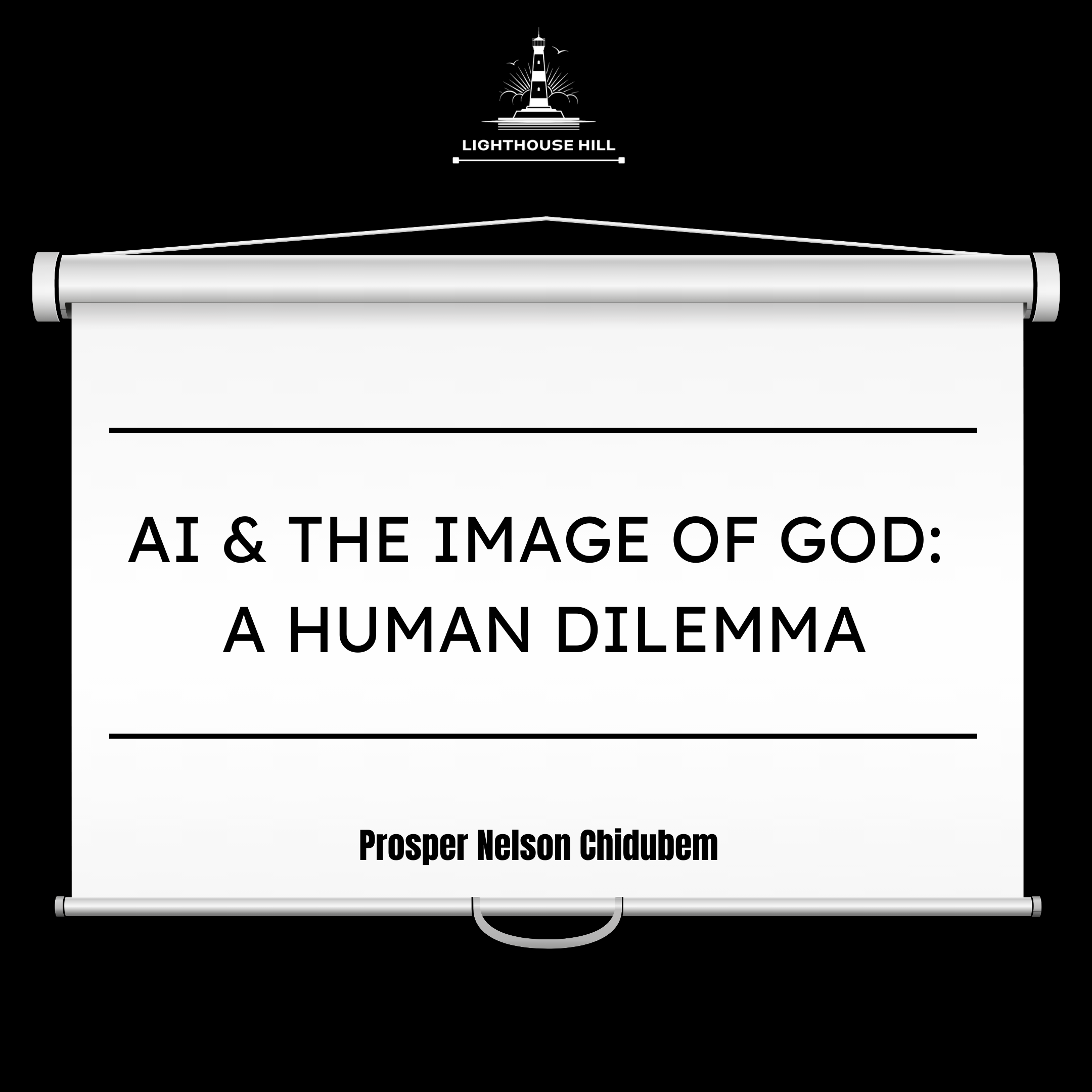
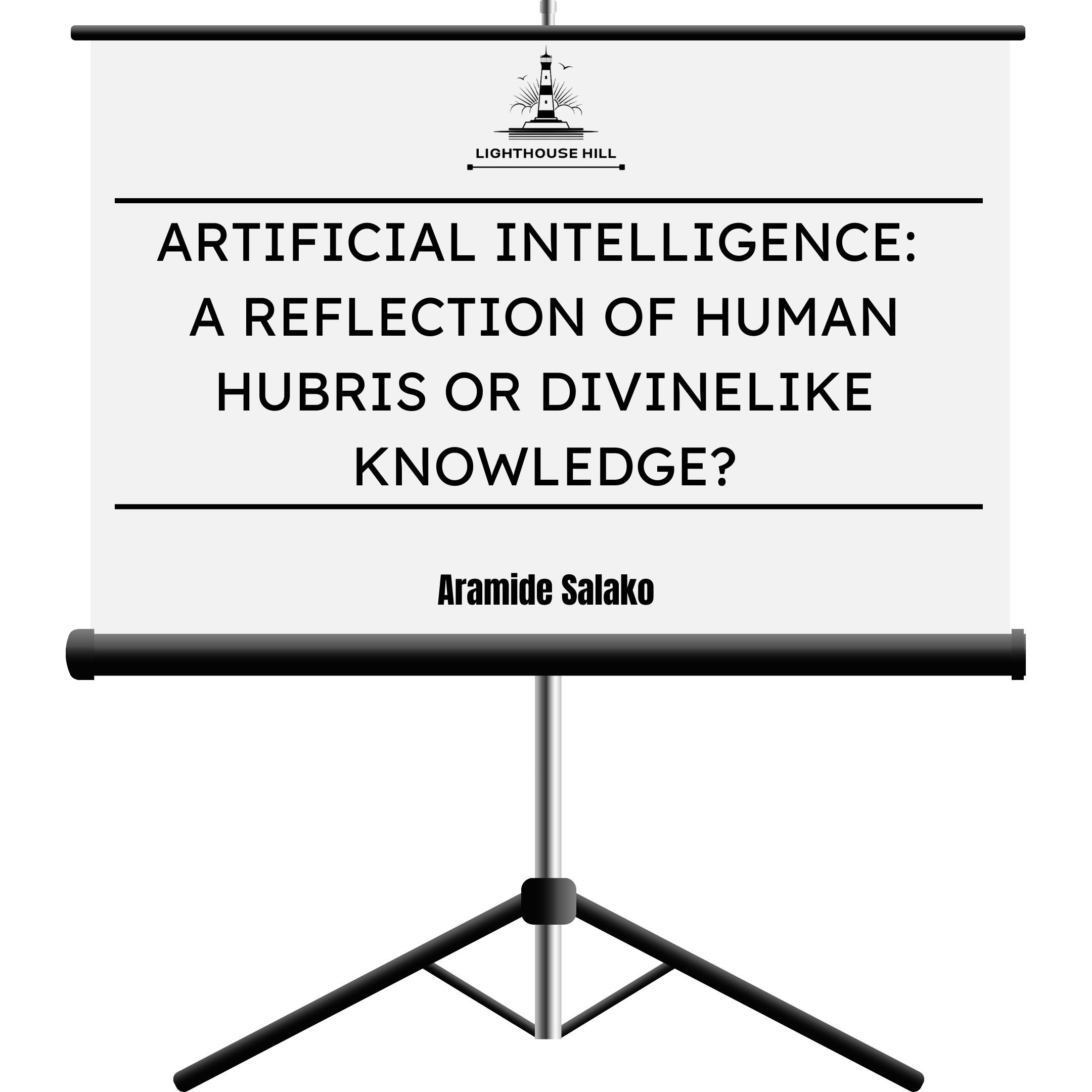


This is insight!🔥🤌